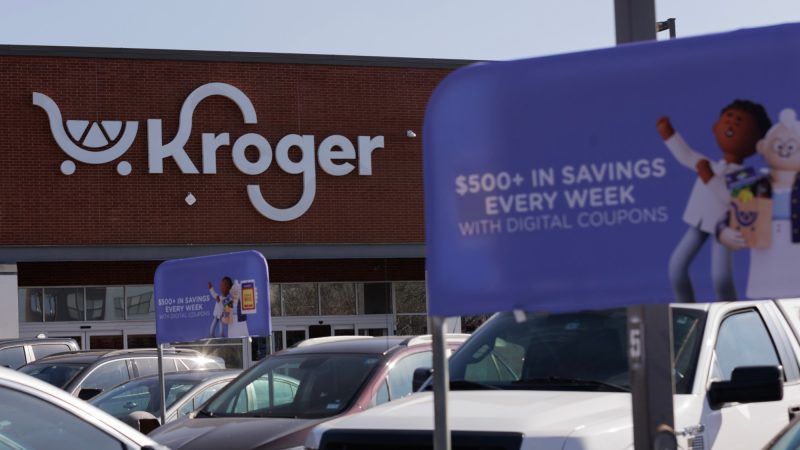
The cost of living crisis is hitting everyone hard, and for many, the grocery bill is a major source of stress. With prices already soaring, the last thing consumers need is to feel like they’re being unfairly overcharged. Recent allegations against Kroger, a major grocery chain, suggest that this might unfortunately be the case for some shoppers.
An investigation has uncovered claims that Kroger has been overcharging customers, adding further fuel to the fire of public anger regarding rising food prices. While specific details of the investigation are still emerging, the allegations have sparked widespread outrage and calls for greater transparency and accountability from large grocery retailers.
This isn’t just about Kroger; it highlights a broader issue of potential price gouging within the grocery industry during a period of significant economic hardship. Consumers are already struggling to make ends meet, and the suspicion that they are being deliberately overcharged adds insult to injury. Many are questioning whether corporations are prioritizing profits over the well-being of their customers during this difficult time.
The impact of these allegations extends beyond individual consumers. The potential for widespread overcharging could exacerbate existing inequalities, disproportionately affecting low-income families and individuals who are already struggling to afford basic necessities. This raises serious concerns about ethical business practices and the responsibility of corporations to act in the best interests of their communities.
While the investigation is ongoing, it’s crucial that consumers remain vigilant and carefully monitor their grocery bills. Comparing prices across different stores and utilizing resources like unit price comparisons can help identify potential overcharging. Further, advocating for stronger consumer protection laws and greater transparency in pricing practices is vital to ensuring fair treatment for all shoppers.
The situation underscores the need for a more robust regulatory framework to prevent price gouging and protect consumers during times of economic uncertainty. Only through increased accountability and transparency can we ensure that grocery stores prioritize fair pricing and ethical business practices, especially when communities are facing unprecedented financial strain.










